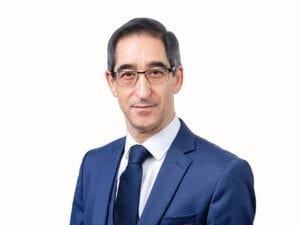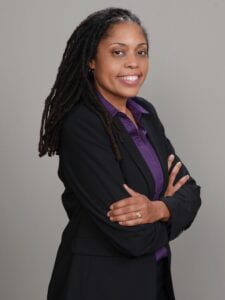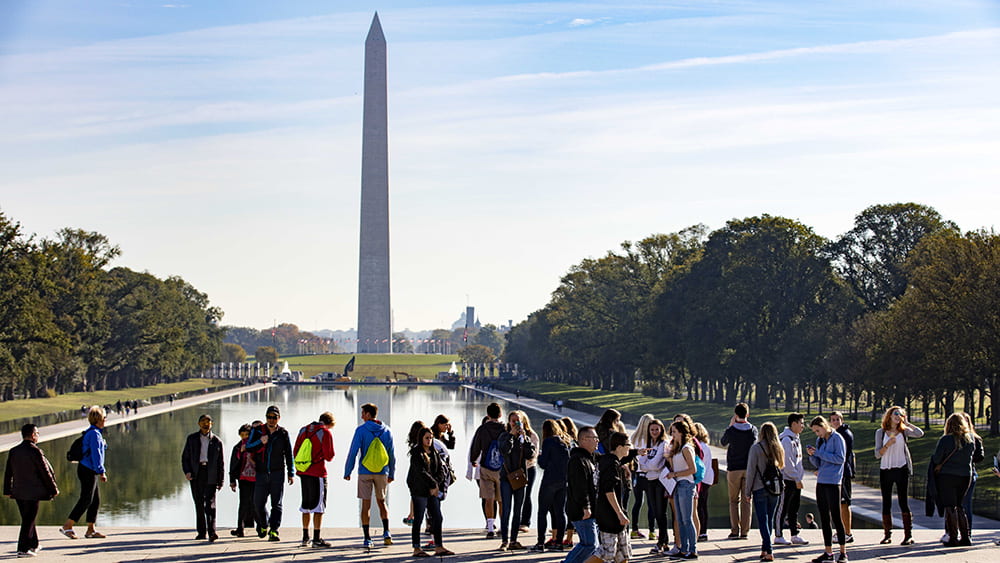Dr. Mojtaba Moatamedi, NYU London’s new executive director, joined the staff in January 2023 and has big plans for the global location’s future. Formerly the president of Al Ghurair University in the United Arab Emirates, Moatamedi says it was the possibility surrounding NYU London and what lies ahead for the site, especially its new, state-of-the-art academic center slated to open in fall 2024, that drew him to the job.
Moatamedi brings a wealth of experience in senior leadership, research, and teaching to NYU London, and, prior to his role as Al Ghurair University’s president, he served as the university’s dean of the College of Engineering and Computing. He has also held leadership roles at Imperial College London, Cranfield University, the Arctic University of Norway, University of Salford, and the University of Sheffield.
Moatamedi’s education includes a PhD in Engineering from the University of Sheffield, an MBA from the University of Manchester’s Alliance Manchester Business School, and an LLM in International Business Law from the University of Leeds. His research and teaching focuses on multiphysics, modeling and simulations, and engineering design.
Global Dimensions recently caught up with Dr. Moatamedi. Here’s what he had to share:
Global Dimensions: What drew you to NYU London?
Dr. Moatamedi: The main excitement for me was the future of NYU London. A lot can happen with the new academic center building, opening next year. The University is very invested in NYU London, and I was drawn to the opportunity to really build something and make a difference—that is the biggest reason I came here.
Global Dimensions: You mentioned the new academic center on the horizon. How will this new space impact NYU London students?
Dr. Moatamedi: First, the last 25 years of NYU London has helped us shape what our students need both space- and technology-wise. So we kept the shell of the new building but removed everything else, designing it exactly for our students. Our current space is somewhat limited. For the most part, students come to class and then they leave. They don’t really have a place for “student life” just yet. But with the new building, the whole design—an outdoor space, student lounges, a place to pick up food and beverages—will be really exciting.
Second, the building is in one of the best locations in London. In terms of universities, we’re next to the London School of Economics and King’s College London. Being adjacent to other universities will enhance the student experience immensely. We’re also 10 to 15 minutes away from Downing Street and the Parliament of England. And it’s on one of the oldest streets in London in a central area for music and arts. So building this new academic center and becoming a neighbor of these universities will help us enhance the profile of NYU London in the United Kingdom.
Overall, the student experience is going to be amazing. Our students will really get to experience being a student in the UK while also getting a great education.
Global Dimensions: The building is anticipated to open fall 2024. Where are you in that process?
Dr. Moatamedi: We’ve already started. If you look at the building, the scaffolding is up and they’re hard at work.
It’s really exciting and, for me, personally, this building represents a long-term commitment. The future of NYU London is bright and it’s going to be different from any other academic site.
Global Dimensions: When it’s all said and done, what do you hope your students take away from their time at NYU London?
Dr. Moatamedi: Our students are getting to work with some of the best academics in the country (we have more than 100 faculty) who’ve worked at some of the top universities in the UK. And they all work hard to bring bits and pieces of UK history into our courses. When students are in class, we don’t want it to be a generic classroom experience—we want them to really learn about the UK.
Written by Kelly Stewart


